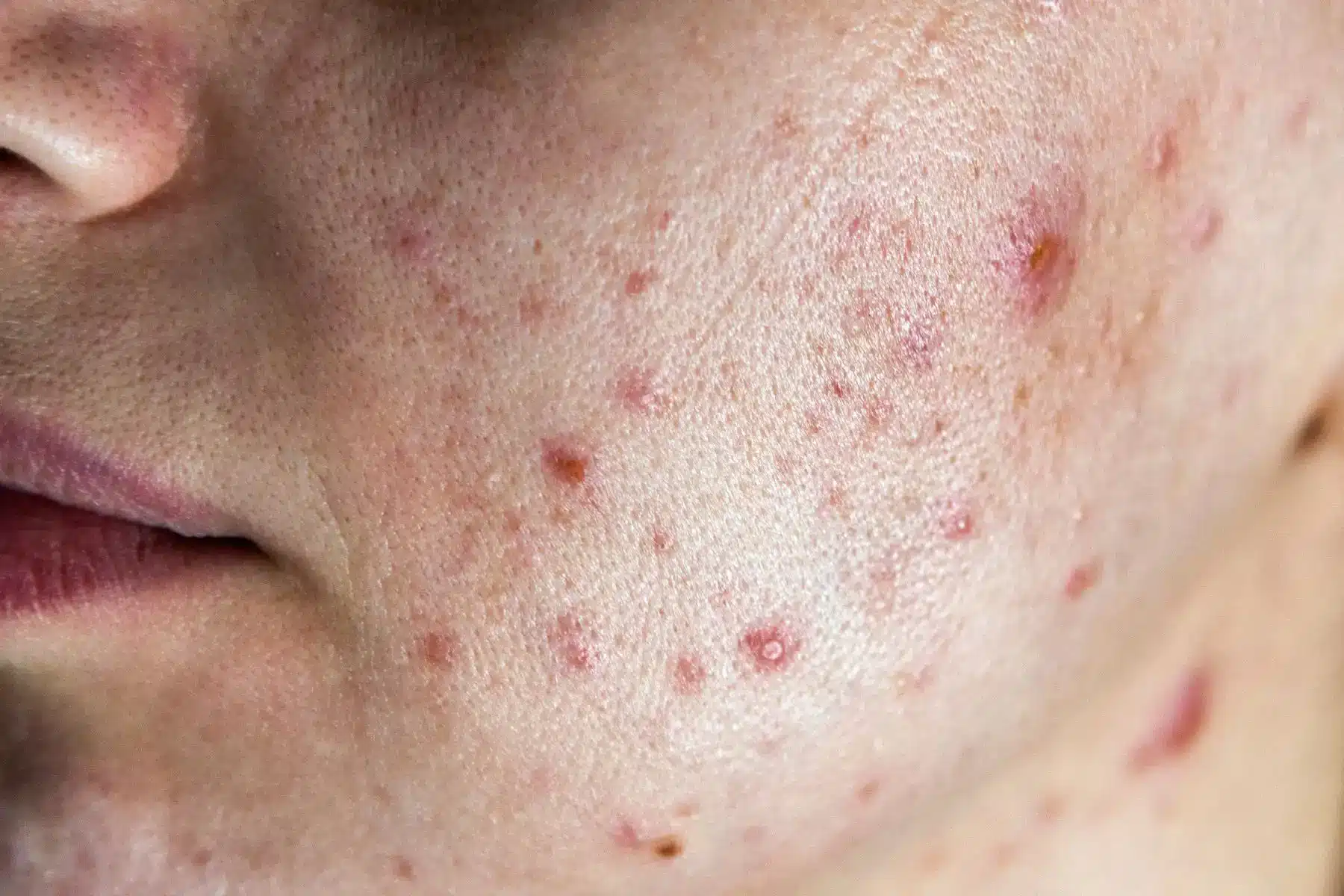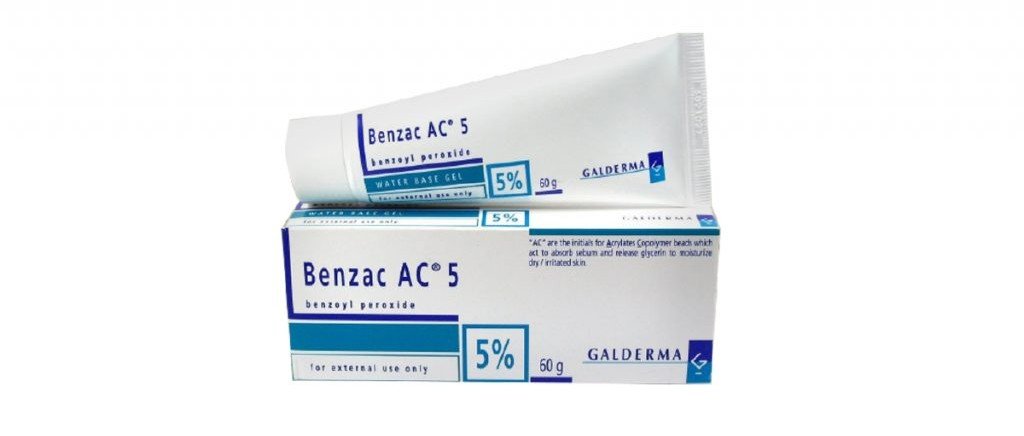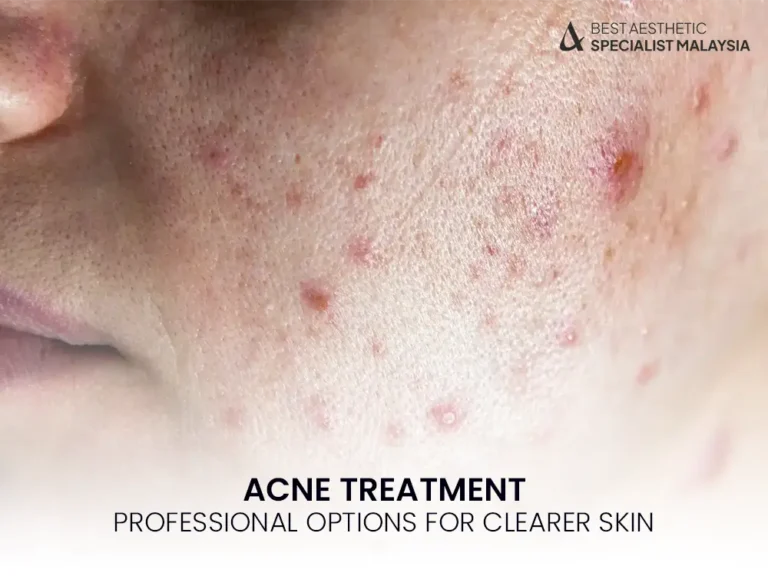Understanding Acne Treatment

Acne is one of the most common skin conditions that affects people of all ages — from teenagers to adults. While mild acne can often be managed with over-the-counter (OTC) products, persistent or severe acne usually requires prescription-strength treatments from a dermatologist.
The main goals of acne treatment are to control breakouts, prevent scarring, and improve overall skin texture. Depending on your skin type, acne severity, and lifestyle, your doctor may recommend topical treatments, oral medications, or professional dermatology procedures.
How Acne Treatments Work
Prescription acne treatments target the main causes of acne — excess sebum production, bacterial infection, and inflammation. Most treatments reduce oil production, speed up skin cell turnover, or eliminate Cutibacterium acnes (the bacteria responsible for acne).
It typically takes 4 to 8 weeks before noticeable improvement occurs, and consistent treatment is essential. Some cases may take several months to fully clear up.
Topical Medications for Acne
1. Retinoids and Retinoid-Like Drugs
Topical retinoids such as tretinoin (Retin-A), adapalene (Differin), and tazarotene (Tazorac) are among the most effective treatments for moderate acne.
They help prevent clogged pores by promoting cell turnover and reducing comedones (whiteheads and blackheads).
Use retinoids at night, starting three times per week before gradually increasing frequency. However, they can cause dryness, peeling, and sun sensitivity, so pairing with a moisturizer and sunscreen is important.
2. Topical Antibiotics

Antibiotics like clindamycin or erythromycin help reduce inflammation and kill bacteria on the skin. They’re often combined with benzoyl peroxide to minimize antibiotic resistance.
Common combinations include:
Clindamycin + Benzoyl Peroxide (Benzaclin, Duac)
Erythromycin + Benzoyl Peroxide (Benzamycin)
Topical antibiotics are usually applied in the morning, while retinoids are used at night.
3. Azelaic Acid and Salicylic Acid
Azelaic acid has antibacterial and anti-inflammatory properties. A 20% cream (Azelex, Finacea) can be used twice daily, even during pregnancy.
Salicylic acid helps exfoliate the skin and prevent blocked pores. It’s often found in cleansers, toners, or leave-on treatments.
Both may cause mild redness or irritation at first but are generally well tolerated.
4. Dapsone Gel
Dapsone (Aczone) 5% gel is particularly helpful for inflammatory acne, especially in adult women. It reduces swelling and redness but may cause mild dryness or irritation.
Oral Medications for Acne
1. Oral Antibiotics
For moderate to severe acne, doctors may prescribe oral antibiotics such as:
Doxycycline or Minocycline (tetracyclines)
Erythromycin or Azithromycin (macrolides, for those who cannot take tetracyclines)
These medications reduce bacteria and inflammation but should be used for the shortest duration possible to prevent resistance.
They are usually combined with topical benzoyl peroxide or retinoids for maximum effect.
Side effects may include increased sun sensitivity and mild stomach discomfort.
2. Combined Oral Contraceptives
For women, certain birth control pills containing estrogen and progestin (e.g., Yaz, Ortho Tri-Cyclen) can help regulate hormones that trigger acne.
Results are gradual — improvements often appear after 3–4 months.
Common side effects include breast tenderness, mild nausea, or weight changes. However, these pills are not suitable for women with a history of blood clots, certain cancers, or smokers over 35.
3. Anti-Androgen Agents
Spironolactone (Aldactone) is an option for women when antibiotics are ineffective. It blocks androgen hormones that stimulate oil production.
Possible side effects include breast tenderness, fatigue, or irregular periods.
4. Isotretinoin (Accutane)
For severe, resistant acne, dermatologists may prescribe isotretinoin, a powerful vitamin A derivative.
It works by shrinking oil glands and reducing sebum production.
Because of its potential side effects — including birth defects, mood changes, and dry skin — isotretinoin requires strict medical supervision and enrollment in a safety monitoring program.
Professional Acne Therapies
1. Light and Laser Therapy
Light-based treatments help reduce acne-causing bacteria and inflammation.
Multiple sessions are often required, and they are sometimes used alongside topical or oral treatments.
2. Chemical Peels
Superficial chemical peels using salicylic acid, glycolic acid, or retinoic acid can help unclog pores and smooth mild acne scars. Results are temporary, so repeated sessions are often necessary.
3. Drainage and Extraction
Dermatologists may manually remove comedones or cysts using specialized tools. This can temporarily improve appearance but should only be done by professionals to prevent scarring.
4. Corticosteroid Injections
For large, painful cystic acne, direct injection of corticosteroids can rapidly reduce inflammation and swelling.
Minor side effects include skin thinning or discoloration at the injection site.
Lifestyle and Home Care Tips
Cleanse gently with mild, non-comedogenic cleansers twice daily.
Avoid scrubbing or using harsh exfoliants that irritate the skin.
Use non-oily products labeled “oil-free” or “non-comedogenic.”
Apply sunscreen daily — especially if you’re on retinoids or antibiotics that increase sun sensitivity.
Avoid touching or picking pimples, which can cause infection or scarring.
Manage stress, as it can worsen acne flare-ups.
Shower after exercise to remove sweat and bacteria buildup.
When to See a Dermatologist
Seek professional help if:
Over-the-counter products haven’t worked after 6–8 weeks.
Acne is leaving scars or dark marks.
You’re experiencing painful cysts or nodules.
You feel emotionally affected or anxious about your skin.
Dermatologists can customize treatments combining medications and procedures to target your specific acne type and skin condition.
Frequently Asked Questions (FAQs)
1. How long does it take for acne treatment to show results?
Most acne treatments take 4–8 weeks before visible results appear. Consistency is key, and some cases may require several months to clear completely.
2. Can acne come back after treatment?
Yes, acne may recur if underlying triggers like hormones or oil imbalance persist. Maintenance therapy or periodic dermatologist visits help prevent relapse.
3. Is it safe to use acne medications during pregnancy?
Not all acne drugs are safe during pregnancy. Azelaic acid and erythromycin are generally considered safer options, while isotretinoin is strictly prohibited.
4. Are chemical peels or laser treatments effective for acne scars?
Yes, both can help reduce mild to moderate acne scars and even out skin tone. However, multiple sessions are usually needed for noticeable results.
5. What foods can worsen acne?
High-glycemic foods (like sugary snacks or white bread) and dairy may aggravate acne in some individuals. A balanced diet with low sugar and plenty of water supports healthy skin.
Visit Best Aesthetic Specialist Malaysia for Professional Acne Treatment
If you’ve tried multiple acne products without lasting results, it’s time to seek professional care. Best Aesthetic Specialist Malaysia offers personalized acne treatments tailored to your skin type, acne severity, and individual needs.
Our certified aesthetic doctors use advanced medical technologies — including acne laser therapy, chemical peels, and controlled isotretinoin treatments — to help reduce inflammation, control oil production, and restore smoother, clearer skin.
Don’t let acne affect your confidence.
Visit Best Aesthetic Specialist Malaysia today for a professional consultation and customized acne treatment plan that delivers visible, lasting results. Healthy, radiant skin starts with the right treatment and trusted experts.

